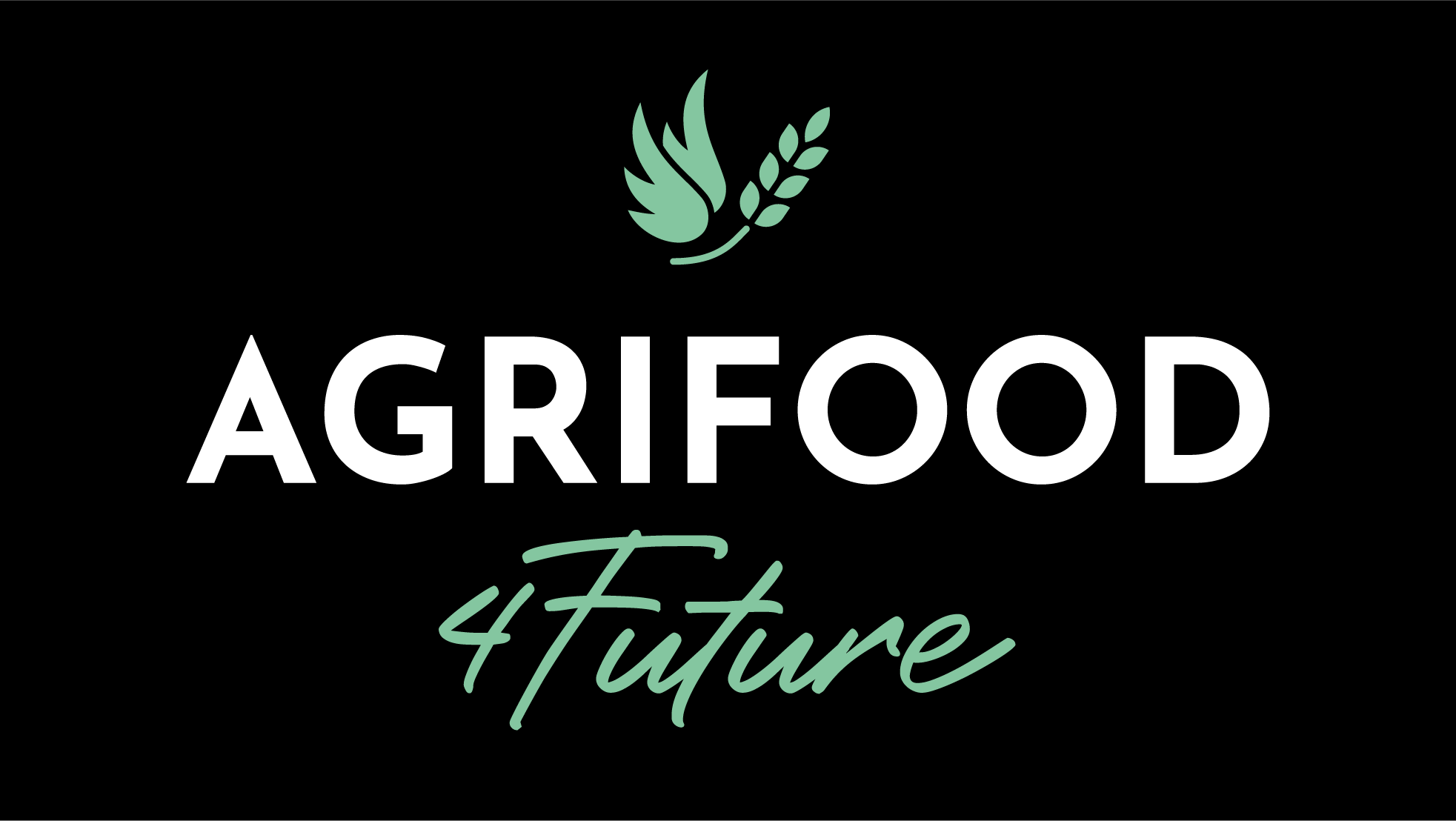About event
Trajectoire: Pioneering Sustainable Agriculture
Empowering Agri-Food Innovation: AgroParisTech in the AgriFood4Future Consortium
AgroParisTech is a key member of the AgriFood4Future consortium. In this project, its primary role is to participate in CoVEs* (Centres of Vocational Excellence) networking by organizing farm visits and field tours. Additionally, AgroParisTech contributes to promoting findings about sustainable agricultural and food systems to professionals in the agriculture and food sectors. For instance, based on its ongoing experimental activities, such as the agronomic platform “Trajectoire,” AgroParisTech will soon produce and disseminate a technical report for agricultural professionals, VETs, and SMEs in the sector, sharing results and learnings from an initial five-year crop rotation.
Trajectoire Agronomic Platform: A Hub for Sustainable Practices
Established in 2017 at the Experimental Farm of AgroParisTech in Grignon, the Trajectoire agronomic platform is a cornerstone of sustainable agricultural practices. The first crop rotation (2017-2022) was funded by the Seine-Normandy Water Agency as part of the Ecophyto II plan, along with contributions from private partners (Bioline by Invivo, Corteva Agriscience, Eurochem, and Pioneer). The platform covers a uniform plot with high potential, divided into seven large strips, each exceeding one hectare. Each strip features a cropping system optimized for specific sustainability objectives, using methods and tools commonly employed by farmers. These cropping systems, typical of Île-de-France region agriculture, address challenges related to agricultural production sustainability, agroecological transition, and technical requirements. The primary goal is to evaluate the performance of these systems through comprehensive field-based measurement and monitoring, assessing agronomic (yields, quality), socio-economic (costs, margins, workload, number of persons fed), and environmental aspects (nitrate leaching, active substance leaching, nitrous oxide emissions, soil carbon storage and biodiversity, greenhouse gas emissions, and fossil energy consumption).
Diverse Cropping Systems for a Sustainable Future
The Trajectoire platform features seven distinct cropping systems:
- Soil Conservation Agriculture: Focuses on the absence of soil tillage and maintaining a permanent soil cover with crop residues or cover crops.
- Low Carbon: Aims to reduce greenhouse gas emissions associated with nitrogen fertilization and fossil fuel use, enhance soil carbon storage, and decrease downstream greenhouse gas emissions.
- High Yield Performance: Strives to produce high quantities and quality of food while ensuring the farmer’s income.
- Control System: Aligns with the practices of the AgroParisTech experimental farm, certified High Environmental Value (HVE 3).
- Low Input: Combines biological, chemical, and mechanical means to reduce the use of fertilization and plant protection inputs.
- Organic Farming: Adheres to organic agriculture specifications, including the introduction of leguminous plants in the crop rotation and the use of organic fertilizers and mechanical weeding.
- Mixed Farming: Involves interactions with Grignon farm’s livestock, such as forage biomass exportation, straw exportation for bedding, and application of organic amendments like slurry or solid manure.
Insights from the Initial Crop Rotation
The initial crop rotation on the Trajectoire platform has yielded valuable insights. The results reveal that none of the systems excel in all aspects, nor do any perform poorly across the board. Practical solutions with known effects, such as the efficiency of rapeseed and early cover crops as nitrate traps, the positive impact of reducing or eliminating phytosanitary products on sub-root water quality, and the impact of nitrification inhibitors on reducing soil nitrous oxide emissions, have been objectively assessed within the context of a real farm.
Moreover, a method was developed to synthesize multi-year sustainability performance data for cropping systems, essential for assessing overall system performance throughout the rotation. This method, while not definitive, relies on evolving methodological choices (including indicators and references).
The entire experiment provides valuable educational content for training students and professionals in the agricultural sector, including farmers and advisors.
The complete report will be available at the end of September 2024, in both English and French.

Photography of the Trajectoire platform (2022)
Learn more about AgroParisTech by visiting their website.
To explore the Trajectoire Agronomic Platform discussed in this article, please visit: https://plateforme-trajectoire.agroparistech.fr/
*The project Agrifood4future has foreseen the establishment of a cooperation protocol & extension of COVE network. Centres of Vocational Excellence (CoVEs) are the pillars of excellent vocational education in Europe. CoVEs are formed by networks of partners that develop local ‘skills ecosystems’ to provide high-quality vocational skills to young people and adults, and contribute to regional development, innovation, industrial clusters, smart specialization strategies, and social inclusion. In the case of the Agrifood4future project, the CoVEs will be based on the agrifood value chain and territorially anchored (in this case, regions in the same country that share similar challenges) consortia that can create and disseminate educational content to improve skills across the value chain. The French CoVE will focus on the regions of Ile-de-France, Normandy, Brittany, and Pays de la Loire.
For more information, please visit our website at https://agrifood4future.com/coves/
Contact:
Sophie Carton, AgroParisTech – An AF4F Consortium Participan

